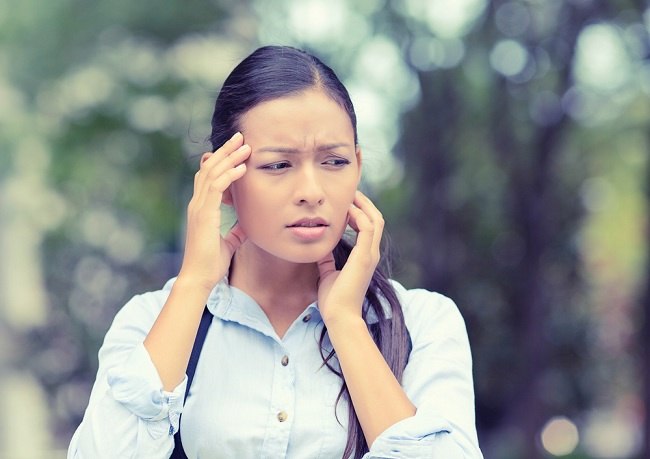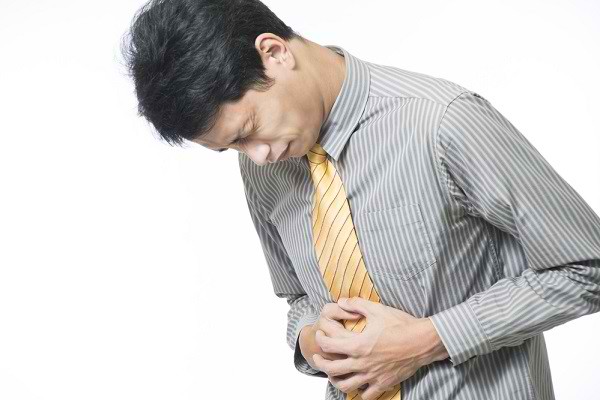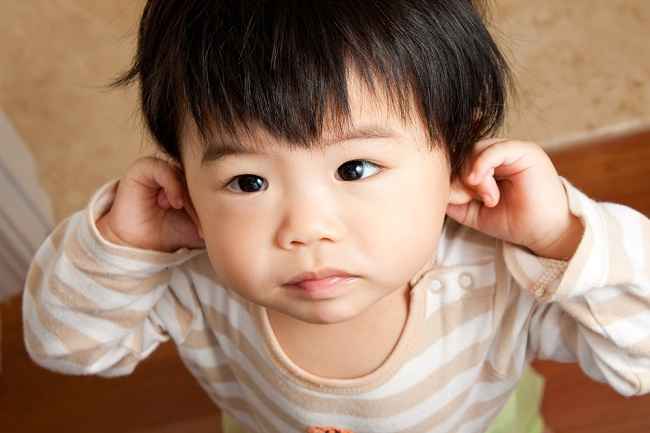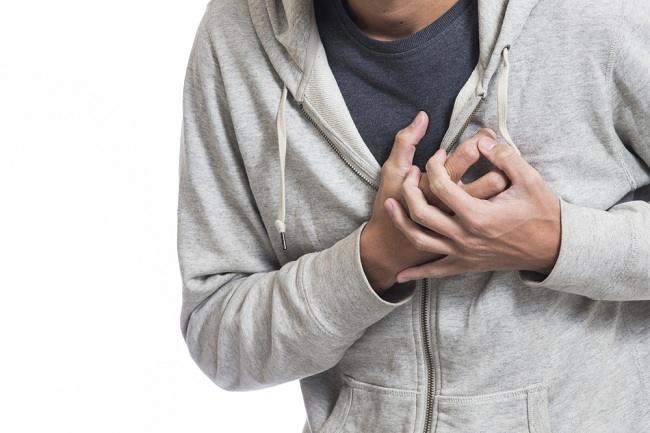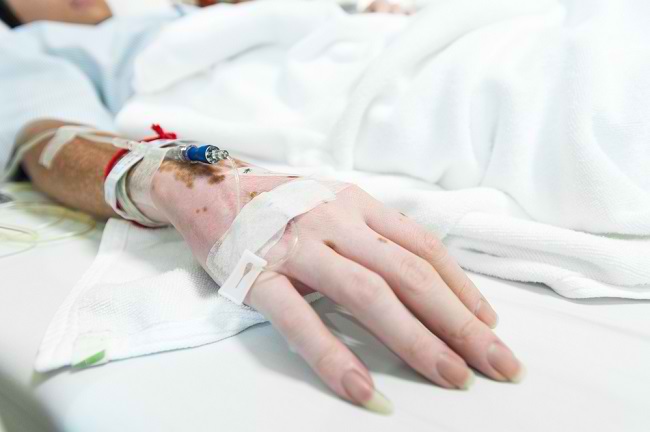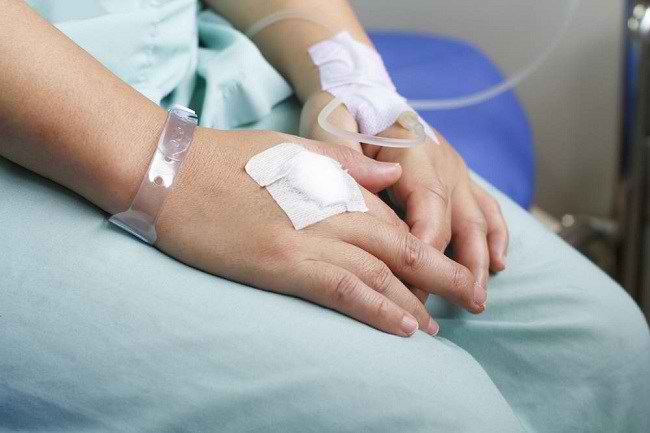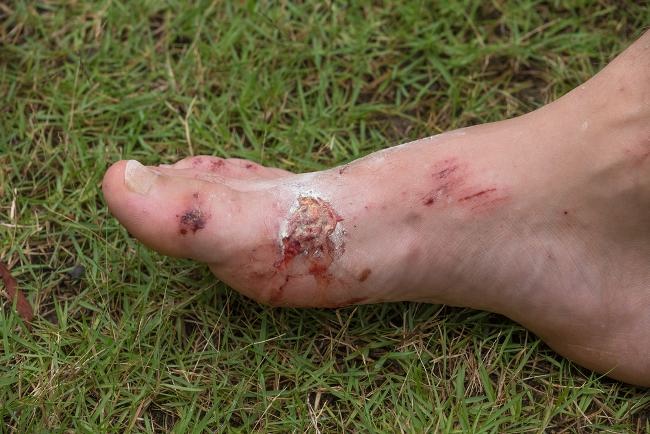Ear infection in infants is a common complaint enough often occurs. Babies are susceptible to ear infections because their immune systems are still weak. Apart from medication, there are several steps you can take to treat ear infections in babies at home.
Ear infections in infants usually occur in the middle ear (otitis media), due to bacterial or viral infections. Most otitis media arise due to infection originating from the eustachian tube, which is the tube that connects the ear, nose, and throat.

Because your little one can't communicate like adults, so they can't tell if their ears hurt, you need to pay more attention to the signs. Ear infections in infants can be recognized by the following symptoms:
- Discharge from the baby's ear.
- Baby's ears smell.
- Babies become more fussy and tug at their ears.
- Fever.
- Not wanting to eat or drink.
- Often cries or looks in pain.
Handling Ear Infections in Babies at Home
Ear infections in babies often go away on their own within a few days. However, to relieve earache complaints that make your little one fussy, there are several handling steps you can take, namely:
1. Compress baby ears
To help relieve pain, apply a warm compress to the baby's ear for 10-15 minutes. Before use, squeeze a towel that has been soaked in warm water so that the water droplets do not enter the baby's ears.
2. Sufficient fluid needs
Make sure your baby is getting enough fluids by giving breast milk regularly. Swallowing fluids can help open the eustachian tube, so that fluid that has accumulated in the canal can drain.
Breast milk can also help the baby's body to be stronger against infection and prevent him from becoming dehydrated.
3. Position the baby's head a little higher
When the baby is sleeping or lying down, position the baby's head slightly higher by placing 1-2 baby pillows under his body, not directly under his head. It aims to expedite the discharge of mucus and fluid that clogs the ear canal and sinus cavity.
4. Give pain medication if needed
If your little one is 6 months old and over, you can give him painkillers, such as paracetamol, to reduce pain in his ears. However, you should first consult with your doctor before giving any medicine to your baby.
Avoid giving your little one cough and cold medicine that contains decongestants, antihistamines, and aspirin painkillers, because they can cause dangerous side effects for your little one. Also avoid giving antibiotics without a doctor's recommendation or prescription.
5. Maintain air quality at home
To support the recovery of the little one who is sick, as much as possible create clean air at home. Keep your little one away from pollution, dust, cigarette smoke, and motor vehicle fumes, because they will make the condition worse.
When Should You Take Your Child to the Doctor?
If the symptoms do not improve after 2-3 days or if they get worse, such as bleeding or pus from the ear, then you need to immediately take your little one to the doctor so that he can be examined and given the right treatment.
If not treated immediately by a doctor, it is feared that ear infections in babies can cause more severe problems in their ears, and even cause hearing loss.
Be careful, Bun, this hearing loss can later hinder the development of your little one's speech, language, and learning skills. you know.
If the doctor determines that the ear infection in the baby is caused by bacteria, the doctor can prescribe an ear infection medication in the form of antibiotics. Antibiotics are generally given when:
- Ear infection in both ears of the baby.
- Babies have severe symptoms, such as high fever, fast heartbeat, weakness, fatigue, or sweating.
- Babies under 6 months old, because their immune systems are not strong enough and are very susceptible to complications due to ear infections.
As previously mentioned, most cases of ear infections in babies will go away on their own without medication or antibiotics. Therefore, antibiotics should not always be given every time the baby has an ear infection.
It is also important to take preventive steps so that the baby does not get an ear infection again. The trick is to give the baby exclusive breastfeeding, keep the baby away from cigarette smoke and pollution, and not carelessly clean the baby's ears.
In addition, check your little one regularly to the pediatrician so that his health condition and growth and development can always be monitored. And don't forget, complete your little one's immunizations according to the schedule.
